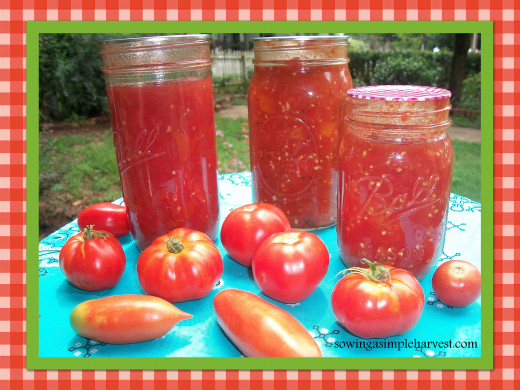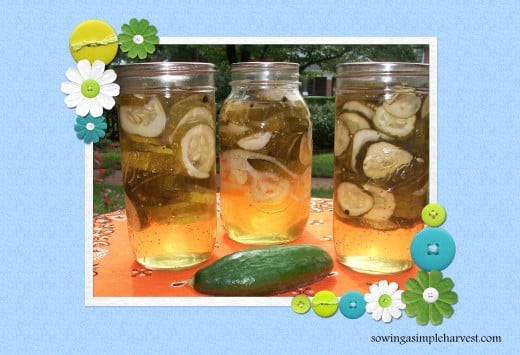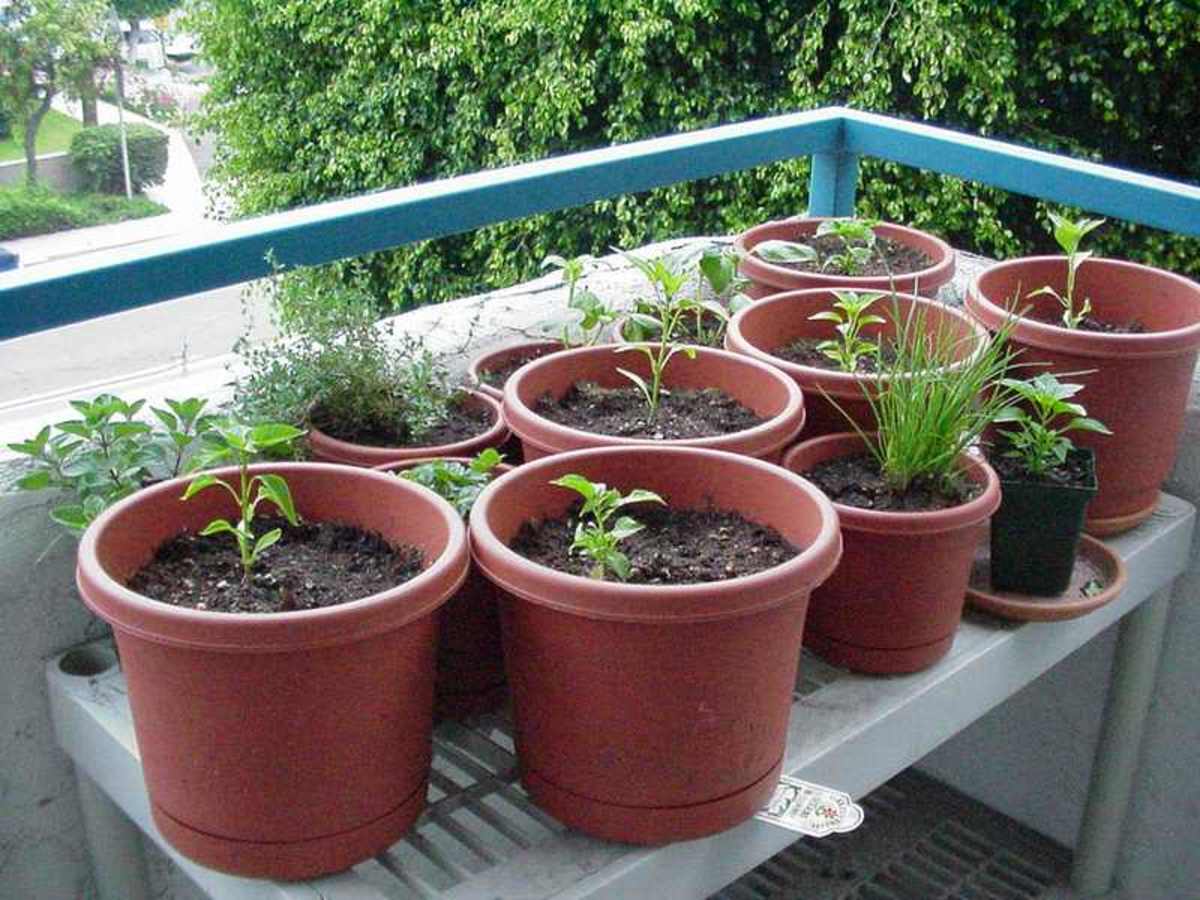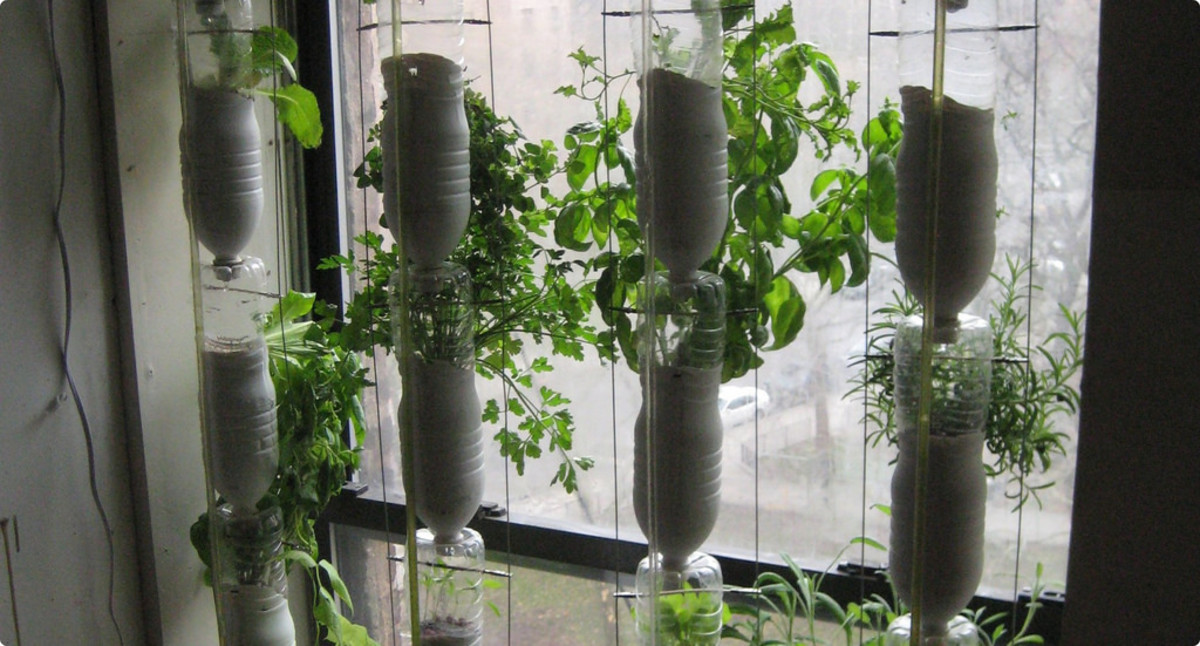Urban Gardening: Rise of the City Farmer

Dig For Victory: WWII Gardens
A History of Self-Reliance
In recent years, there has been a strong trend towards growing one’s own food. This is not a new concept, but it is a novel idea for the present generation who only know the grocery store and fast food restaurants as food sources. Before the age of industrialization, people grew their own food to survive.
During WWI and WWII, civilians were asked to create “victory gardens” that would support their families and free up food for soldiers. Both the British and American governments produced highly visible campaigns to promote the independent gardener. Urban gardens, as well as rural farmers, started to raise large amounts of food which they preserved through canning, drying, and cold storage. After WWII, modern conveniences once again took precedence over homegrown.


A Backyard Garden
Growing up in Georgia, my dad always had a garden. He grew peas, beans, greens, and his favorite of all tomatoes. My mom would spend all summer freezing the bounty from his garden as well as what she bought from the farmer’s markets we visited.
My parents dragged me to every market and orchard in the state-or it at least felt that way. The summer months meant trips to pick peaches and butterbeans, while the fall meant visiting apple orchards in the mountains of North Georgia.
For the last ten years, I have been nurturing a Certified Backyard Wildlife Habitat. Our habitat provides food, shelter, water, and a place to raise young for wildlife. At the beginning of this year, my husband and I made a goal of growing our own food. Well, eight months into the new project we have had many successes and a few failures. Growing food is no easy task. Our successes include tomatoes of six varieties and enough lettuce to supply the town. The cucumbers I planted late are now doing quite well. Failures include several yellow squash plants taken over by mildew. We have visited our local farms and the town’s weekly market to supplement what we did not grow ourselves.

Urban Homesteading for Beginners
The Urban Homesteader
Until ten years ago, I had never heard of Urban Homesteading. Today, it is a "buzz" phrase that most gardners know well. In the early 1990s, a movement began to rouse city people to be more self-reliant regarding food sources. The rise of corporate farms and the world domination plan of Monsanto have spurred individuals to make sweeping changes in their lives. People are growing fruits and vegetables for the first time, and others are raising chickens and goats in their backyards. Sound crazy? Well, so does eating genetically modified food.
Urban homesteaders are individuals who love living the city life with all its culture and conveniences but at the same time want to have larger control over their food supply. Many homestead just because they find it a healthier way to live; others do it out of necessity. Many large, metropolitan cities have “food deserts.” A food desert is an lack of nutritional food available to a population. These deserts occur in the inner cities and extreme rural communities where big chain grocery stores are not present. The populations usually affected by the deserts are minorities who do not have access to transportation. The food deserts have hastened the development of urban homesteading and community gardens.
Individuals, as well as communities, are starting a food revolution in their own yards. Many of the food produced in urban homesteads are on less than 1/3 of an acre. In large cities, rooftop gardens are growing tomatoes for homemade pasta sauce. Some people grow in containers, others in raised beds. The square foot gardening method is immensely popular among urban homesteaders because it allows for the most production in a limited space.
Community Gardens
A community garden is a series of plots tended by a group of people that can grow flowers, fruits, or vegetables. Such a garden can be accessed by people who want to strengthen their community while growing fresh food. Many community gardens are fee based which provides for upkeep.
Urban Agriculture in Atlanta
From the American Community Gardening Association
Benefits of Community Gardens:
- Improves the quality of life for people in the garden
- Provides a catalyst for neighborhood and community development
- Stimulates Social Interaction
- Encourages Self-Reliance
- Beautifies Neighborhoods
- Produces Nutritious Food
- Reduces Family Food Budgets
- Conserves Resources
- Creates opportunity for recreation, exercise, therapy, and education
- Reduces Crime
- Preserves Green Space
- Creates income opportunities and economic development
- Reduces city heat from streets and parking lots
- Provides opportunities for intergenerational and cross-cultural connections
Resources for Urban Homesteading
- Growing Vegetables, Raising Animals in Suburbs, Perserving Food: Urban-Homesteading.com
Explore cooking, gardening, and raising animals on the urban homestead at Urban-Homesteading.com. - Urban Homesteading | Heirloom Skills for Sustainable Living | Gardening and Growing | Book
Heirloom Skills for Sustainable Living | Gardening and Growing | Book - The Urban Homestead® - A City Farm, Sustainable Living & Resource Center, A Path to Free
The original grassroots, revolutionary urban homesteading model that is leading the fast-growing urban sustainability movement. This website documents the unique, real-life journey of an eco-pioneer family who have steadily worked at transforming an
Resources for Community Gardening
- American Community Gardening Association
- Urban Agriculture - Community Gardening
Provides information about urban agriculture, including community garden programs and their relationship to healthy and susstainable communities.
Get Involved and Start Growing!
Whether you want your own homestead or need to participate in a community garden, now is the time to get on board the fast moving train of change. Work the dirt with your hands; choose the vegetables your family will love and grow them. Teach your children where food comes from by showing them how it is grown. It will change your lives forever.

About the Author
Catherine Dean is a freelance writer, gardener, quilter, and blogger. Her professional background includes nonprofit program development, grant writing, and volunteer management. She holds a Bachelor of Science in Mass Communications from Georgia College & State University.
Her blog, Sowing A Simple Harvest, chronicles a modern couple trying to live a simplistic, sustainable life. To explore Catherine's professional credentials, visit her website. She can also be followed on Google+.






